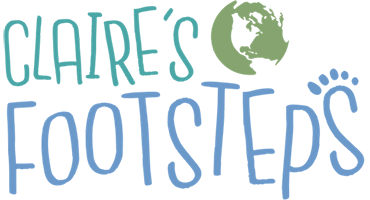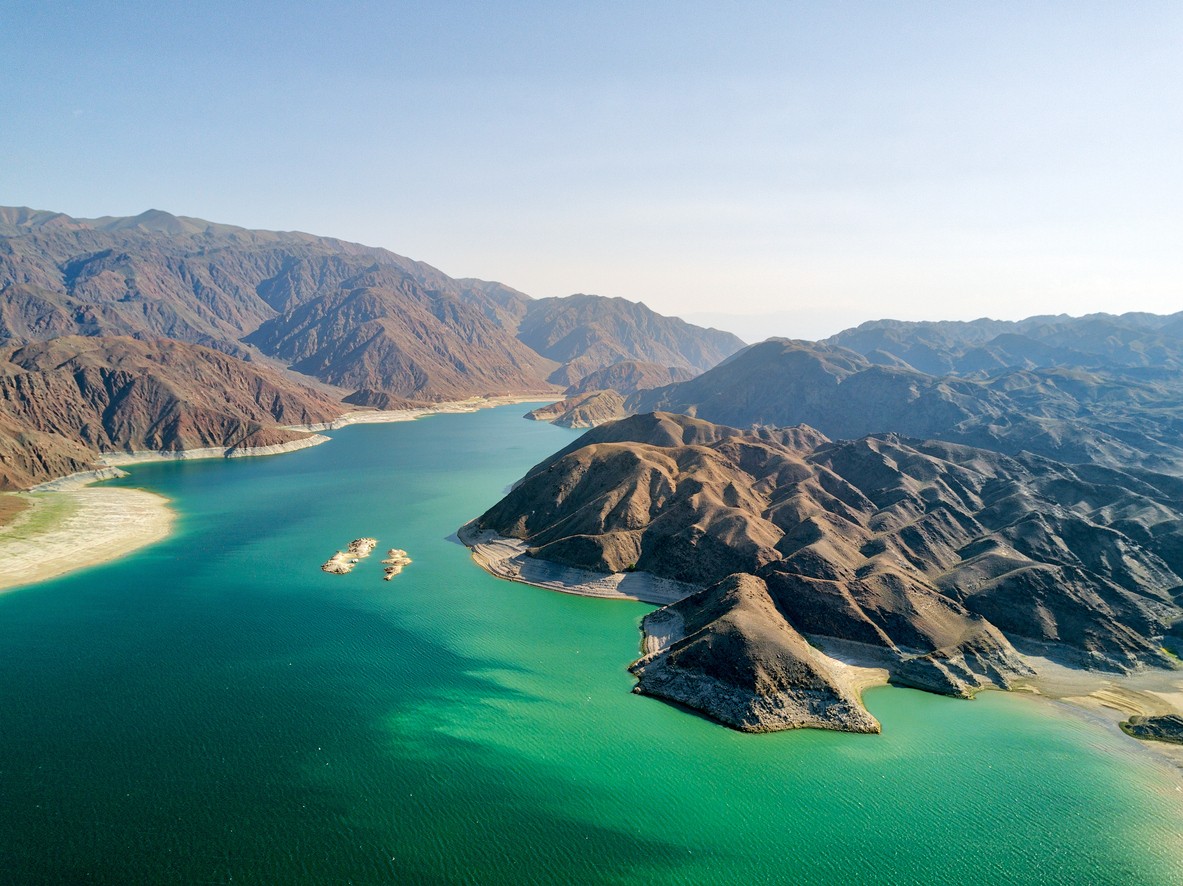Kyrgyzstan is one of those hidden gems that few people, outside the local region, have ever travelled to and a place no one seems to know much about. It’s a beautiful, relatively unexplored country that is worth the effort to spend an extended amount of time.
Known as the Switzerland of Central Asia, mountains cover 80% of the land area, making Kyrgyzstan one of the most mountainous countries in the world. It also has some of the tallest mountain ranges in the world, including three mountain peaks above 7,000 meters. The country is farther from an ocean than any other country in the world, making it one of the most remote places. If you’re looking for a destination that is far off the beaten path, Kyrgyzstan might be for you.
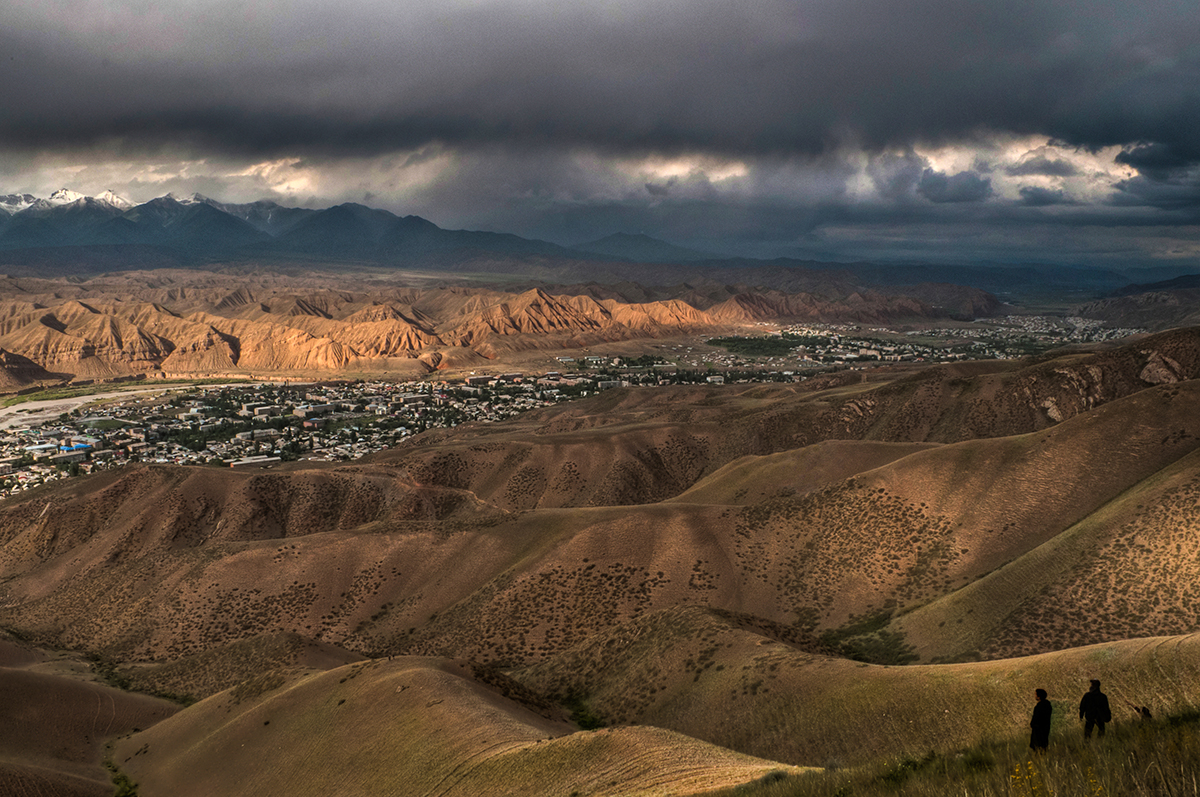
Whether you’re a full-time traveler, a digital nomad working remotely while you travel, or just looking to visit the country, there are 12 things you should know before travelling and living in Kyrgyzstan.
Living in Kyrgyzstan: What you should know
Kyrgyzstan visa requirements
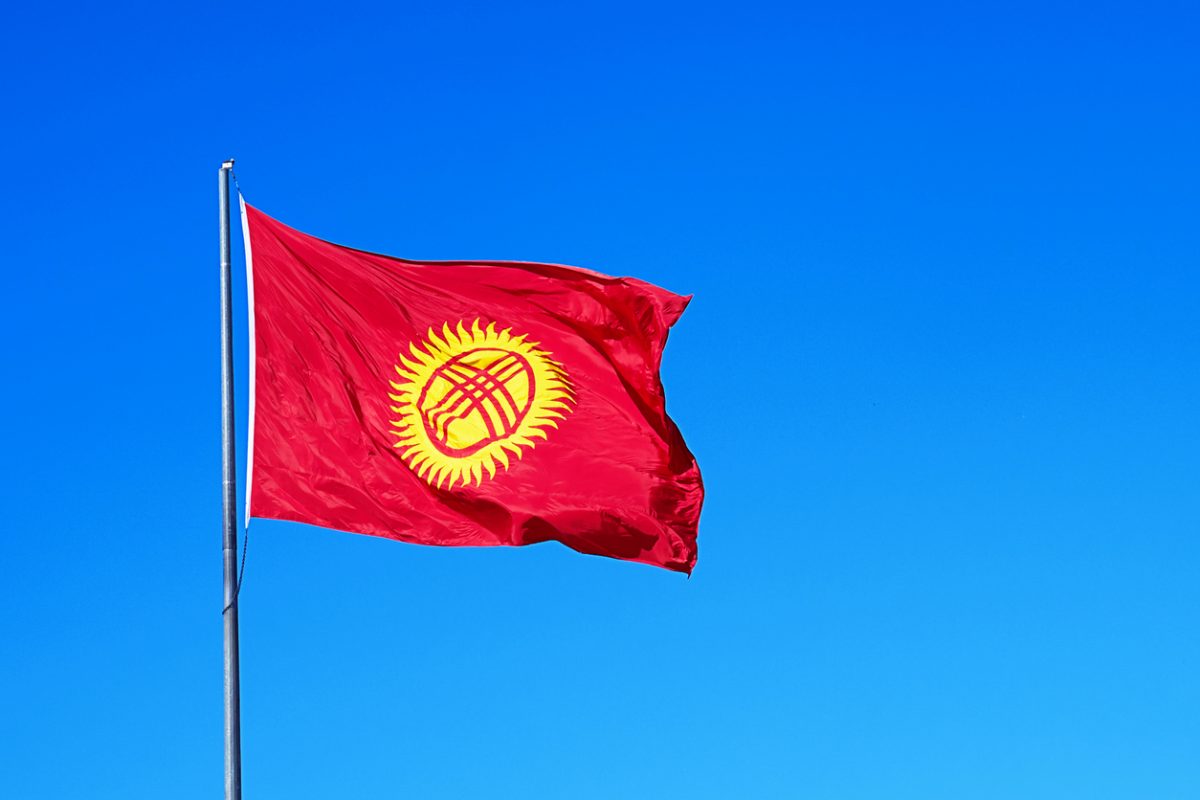
Kyrgyzstan is one of the most accessible countries in Central Asia. The country offers visa-free access to citizens of 69 different countries.
Specifically, the citizens of the United Kingdom, the European Union (with some exceptions), the United States, Canada, New Zealand, and Australia can travel to Kyrgyzstan visa-free for up to 60 days. They offer visa-free access to other countries for varying amounts of time.
You can’t apply for a visa once you are in Kyrgyzstan. If you think you’ll need to stay longer than 60 days you should apply for a visa before arriving or when you arrive at the Manas International Airport in Bishkek.
Travelling around Kyrgyzstan
Getting around the country is fairly easy and affordable. Being a former member of the Soviet Union, much of the Soviet infrastructure has been left intact.
In the capital, Bishkek, you’ll find a complete transportation system with trolleybuses, busses, and vans called marshrutkas. You can ride on any of these for only a few cents per trip. These modes of transportation will get you within a few blocks of anywhere in the city.
It is a lot easier to get around if you know Russian, but you can travel and get around quite easily without knowing Russian. I took Russian lessons while living there for a few months and could never pick it up. I managed fine without knowing it. Outside of Bishkek, Russian is understood but the dominant language is Kyrgyz. Kyrgyz is a Turkic language, so if you can speak Turkish or any other Turkic languages, you may be able to speak and understand some Kyrgyz.
The marshrutkas and taxis will take you almost anywhere else in the country you want to travel. Marshrutkas run on certain routes and neither the marshrutkas nor taxis will leave on long distances unless they have their vehicles full. If you’re heading to a remote location, travelling in larger groups is best so you can ensure your vehicle is full and you won’t have to wait several hours for them to fill it.
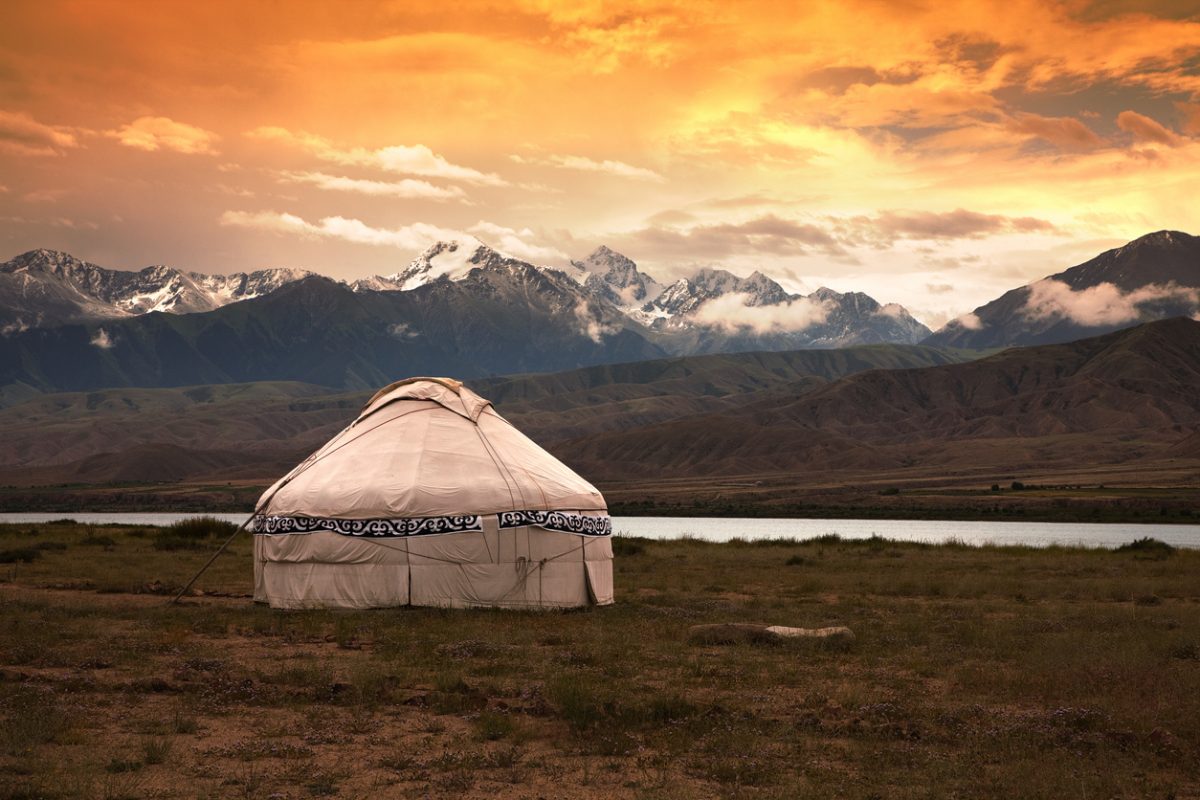
Finding Accommodation in Kyrgyzstan
The best and most affordable way to find housing is if you already know someone local in the area and they find you an apartment. You can find an apartment that is very affordable this way and have it from someone you know you can trust.
If you or someone you trust does not know the person you are renting an apartment from, do not give any money upfront to secure an apartment. Make sure that you have moved into the apartment before you pay anything.
If you don’t know anyone locally, Airbnb has several options for long term rentals around the country. This is the most secure way of finding housing as you have Airbnb backing it. Airbnb is a little more expensive than if you know someone local, but the options out there are still very affordable.
Read More: Solo Female Travel in Kazakhstan
The Cost of Living in Kyrgyzstan and Where to Shop
One of the things that makes Kyrgyzstan a great place to live as a digital nomad or expat is the low cost of living. It is several times cheaper to live in Bishkek than it is to live in cities like Seattle in the US or London in the UK.
Expect to make most transactions in cash. Most vendors will not have the ability to take payments with a card. You’ll need a good bank card that is travel friendly – preferably one that will refund foreign ATM fees as you will probably use the ATM a lot. MasterCard and Visa are commonly accepted.
Almost everything you need can be found at one of the many bazaars throughout the country. The bazaars have vendors selling everything from fresh vegetables to clothes to hardware at very reasonable prices.
The bazaars can be quite hectic and not all prices are marked. Being a foreigner they may arbitrarily raise prices when you ask them what something costs, so be prepared to haggle. Despite this, prices are still extremely affordable.
A word of advice: Before shopping at a bazaar, bring a tote bag to carry everything – you will need one. If you don’t have a tote, you can buy one there.
You can find higher quality items in stores in downtown Bishkek, but, depending on what you are purchasing, those prices are similar to prices in the U.S. and Europe. This is particularly true for electronics, with no guarantee that those electronics will be of the same quality that you can get elsewhere.
There are also neighbourhood grocery stores and fruit/vegetable stands scattered throughout Bishkek. Meat can be a little more difficult to find and, when you do find it, it’s generally processed meat. There are butchers that you can buy directly from, but it is hit and miss.
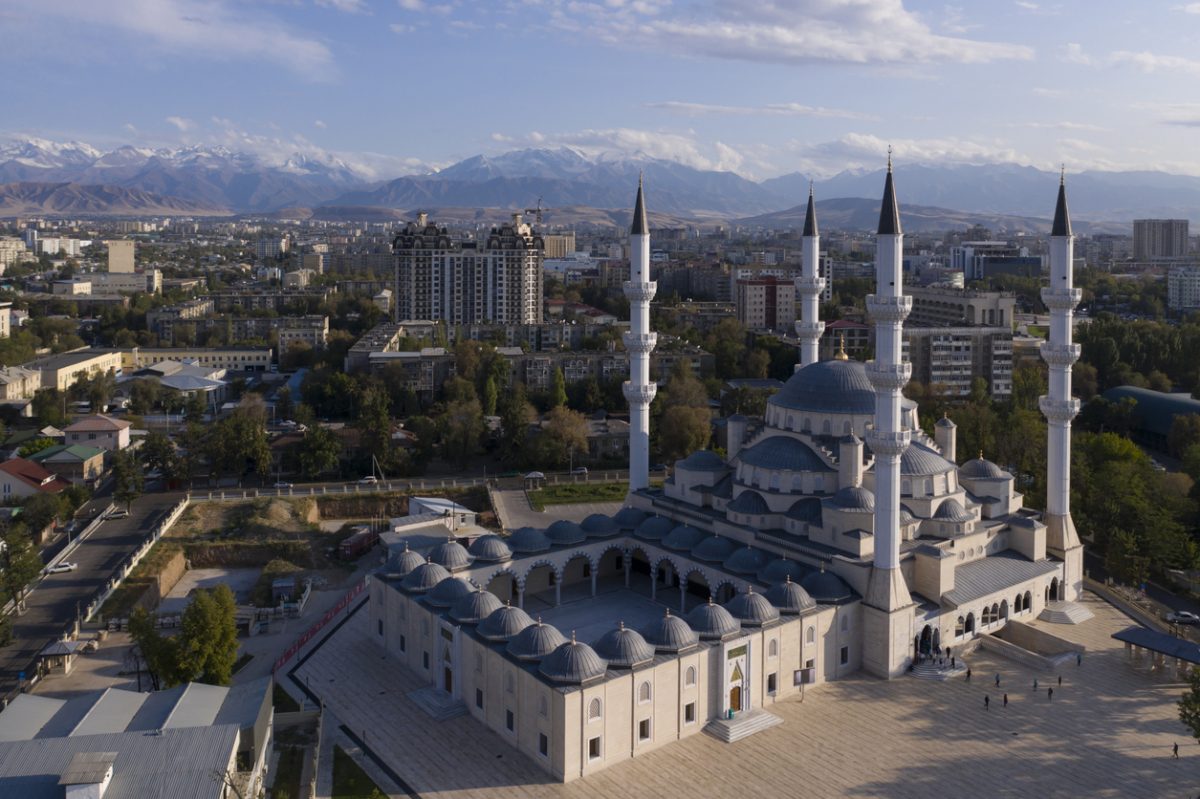
Communication in Kyrzystan
You can purchase a sim card and make local calls quite affordably. You can also get 3G service throughout most larger cities in the country, however, outside cities and major valleys your service is sketchy at best.
Broadband internet is mostly concentrated around Bishkek. Many hotels and some cafes have WiFi. Internet outside of cell service is difficult to find outside of Bishkek.
Everything Costs in Kyrgzstan
While Kyrgyzstan is a very affordable place to live, everything you want to do will cost even if it is just a few Som. Everything.
My wife and I didn’t fully realize this until we offered to watch someone’s kids one day. When we decided to go to the playground, the kids grabbed their bag of change. It wasn’t until we arrived at the playground that we realized why – it costs not to get into the playground, but to use each individual playground equipment.
Bathrooms cost as well. While travelling from Bishkek to Lake Issyk-Kul there is a rest stop about halfway there. If you would like to use the toilets, it will cost a few Som (local currency). If you need toilet paper, that is extra.
The point is – be prepared to pay for things that you might otherwise take for granted.
Kyrgzstan is a Safe Country
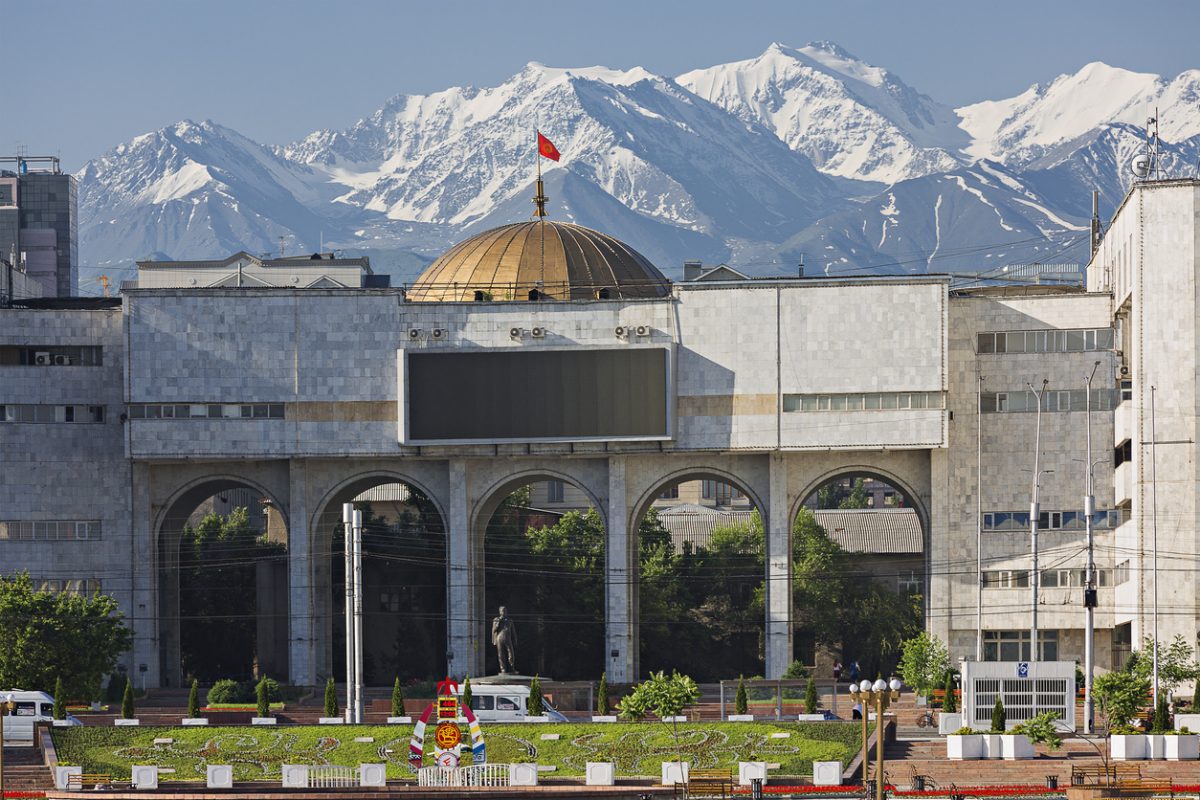
Kyrgyzstan is one of, if not the safest country in Central Asia. However, there are a few things to remember while travelling there.
For starters, like many countries you’ll visit as a traveller, the police are not always on your side. You’re a foreigner, and the police will sometimes single you out in the hopes of obtaining a bribe from you. There are some practical ways to avoid this by blending in and avoiding check points. It isn’t common, and many times you’ll find police being incredibly welcoming, but it is a possibility.
The southern part of Kyrgyzstan, the Osh area, is a little more volatile than in the north where the capital is located. Osh is located on the border of Uzbekistan and has a lot of ethnic Uzbeks living in the city. Kyrgyzstan and Uzbekistan do not get along and tensions flare-up on the border from time to time. If you’re travelling to Osh, it would wise to check the local news in the area before travelling there. It is safe, border violence hasn’t occurred since 2010, but it’s just generally wise to take a few more precautions when travelling to that area.
Although not a large threat, southern Kyrgyzstan is more prone to radical Islamist extremism than other areas in the country. ISIS was active in the country in 2014 however, there have not been any incidents with western foreigners from any radical group in at least the last 10 years.
The UK Government is a great resource on the safety and security of traveling to Kyrgyzstan and I would recommend checking their website before traveling there.
Read More: Solo Female Travel in Uzbekistan
Medical considerations in Kyrgyzstan
Medical facilities are not as developed as they are in the U.S. or Europe, although they are fine for most treatments and procedures. If you have a serious medical condition that does not require immediate medical care, you should consider traveling back to your home country for treatment.
However, if you have an immediate medical emergency, the facilities in the country are sufficient to offer treatment. If you need immediate medical assistance dial 103 to ask for an ambulance.
If you require medications and need them refilled while travelling, they will generally be available at most pharmacies in Bishkek. Prescriptions are not typically required for most medications.
Don’t Drink the Tap Water
The tap water is not safe to drink. You will either need to buy a water filter or buy bottled water. You can buy bottled water from vendors who will deliver it to your apartment if you are in Bishkek. If you are living outside of Bishkek, you’ll likely need a water filter.
The tap is also unreliable. When we first arrived in Bishkek, they purposely turned the water off for annual maintenance. Typically, that lasts for about three days. However, it ended up being off for two weeks, and we had to heat bottled water on the stove to take a shower with.
While staying in Nayrn, in central Kyrgyzstan, the tap did not work during the day while the local farmers were watering their fields. While nothing more than an inconvenience, it is something to consider and plan around. Don’t rely on having tap water when you need it.
The Climate of Kyrgyzstan Varies
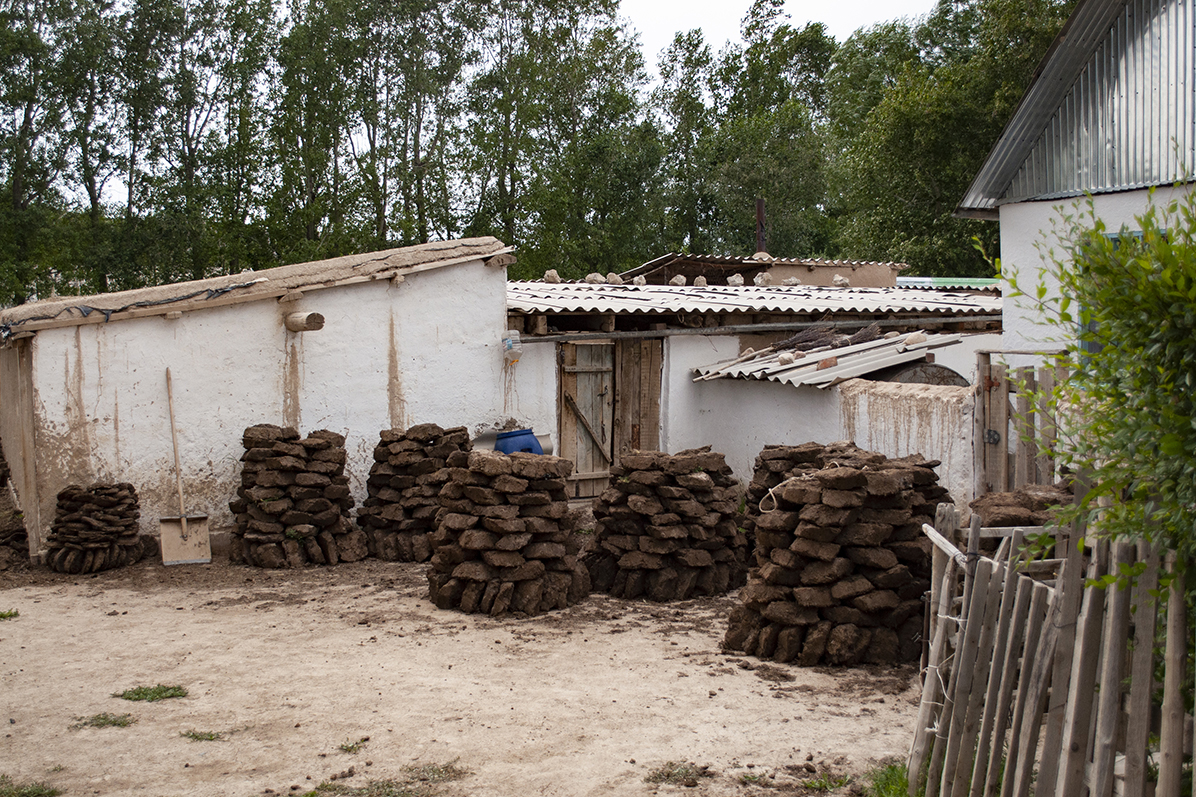
Depending on where you are or where you are going, the climate can vary greatly. Kyrgyzstan, being a mountainous country, is a country of extreme differences in elevations.
The summer temperatures in Bishkek can reach 38 C (over 100 degrees F) during the day. But when we travelled to Nayrn, the temperature dropped to 3 C (38 F) in July! Knowing where you’re going to travel is important when planning your trip. When packing, you’ll definitely want to consider these temperature extremes.
The winter can be brutal in Kyrgyzstan and if you are planning on travelling outside of Bishkek, expect delays and road closures. Snow will often block roads and prevent traffic. They generally work to clear them quickly, but it could be a few days before the road is clear. As you’d expect, the temperature can get very cold in the winter, depending on where you are. Be prepared and check the weather before travelling so you know what to expect.
Heating is a utility that is managed by the government, and it is not necessarily readily available. In apartments outside Bishkek, heating is not always working or available. Blankets – several of them – are pretty essential if you’re going to be in the country during the winter.
Read More – 2 weeks in Uzbekistan Itinerary
There are Many Cultural Differences
Kyrgyzstan is a diverse country with many different cultures. As a former member of the Soviet Union, many Russians are living in the country. Most Russians live in Bishkek and as such Bishkek is very different from the rest of the country. Travelling from Bishkek to other cities in the country is like travelling to a totally different country.
Most ethnic Kyrgyz live outside of the capital, and this is where the beauty of Kyrgyz culture shines. Outside of Bishkek, where many more Kyrgyz people live, you’ll find some of the most inviting and warm people you’ll ever meet.
To truly experience the Kyrgyz culture, you’ll need to leave the capital, travel into the country, and visit the smaller towns of Kyrgyzstan.
And Lots of Places You Need to Visit
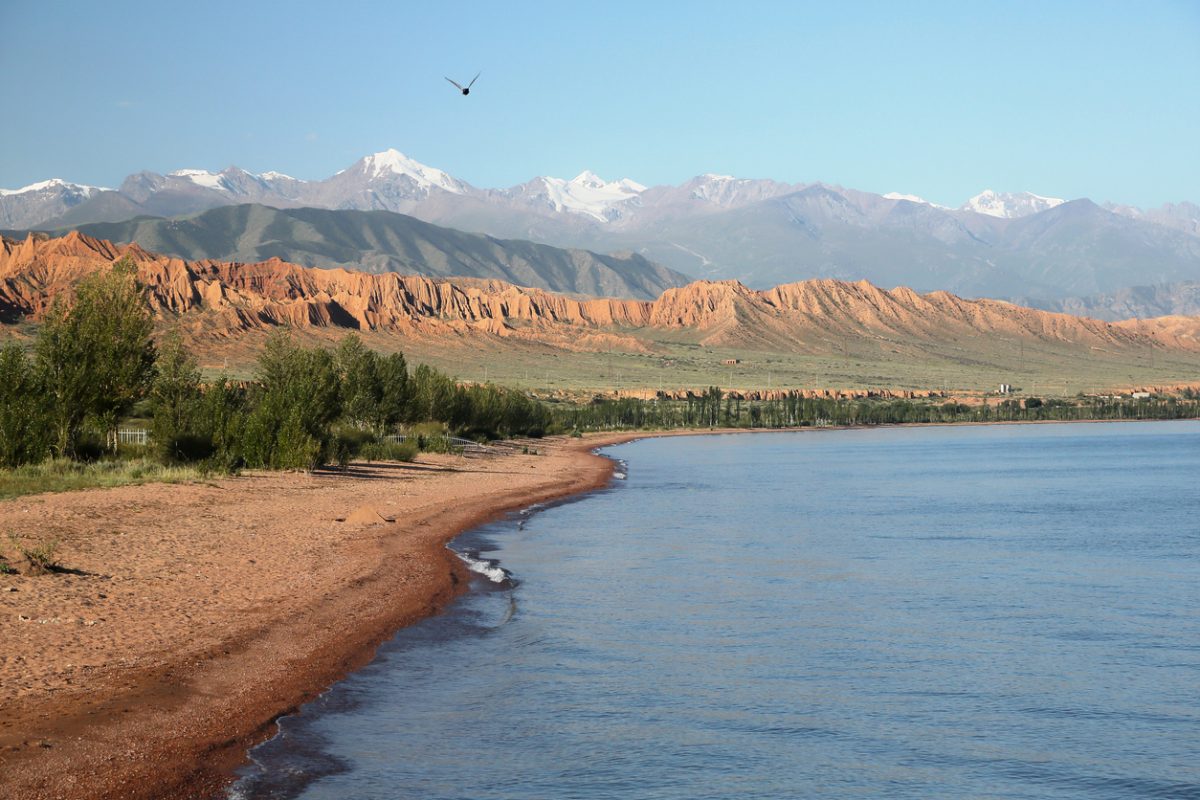
Probably the famous attraction in Kyrgyzstan is Lake Issyk-Kul. It is a popular destination for Russians and other regional travellers. It is the second-largest mountain lake in the world, and it is also very deep at 668 meters – deep enough for the Soviets to test submarines before Kyrgyz independence.
Another popular attraction is Karakol’s Orthodox Church near Lake Issyk-Kul. If you are interested in grand architecture, this is a great place to stop and see. The church was initially built of stone but was destroyed by an earthquake in the late 1800s. When rebuilding it they used an all-wood construction. The detail is pretty extraordinary.
Other attractions include Ala Archa National Park, Burana – an old 11th-century tower on the silk road, and Tash Rabat – a stopping point on the silk road. There are plenty of opportunities to go camping, hiking, or mountain climbing as well.
All you need to know about moving to Kyrgyzstan…
Kyrgyzstan is one of the most beautiful and unique places I have ever visited. These 12 things to know before living in Kyrgyzstan should help you make the most of your time in the country. I hope you enjoy the country as much as I did!
Phillip is a digital nomad with his wife, Bridgette, and two kids, Hope and Archer. He blogs at The Coddiwomple Life where he helps other families live their dreams and travel the world as digital nomads.
